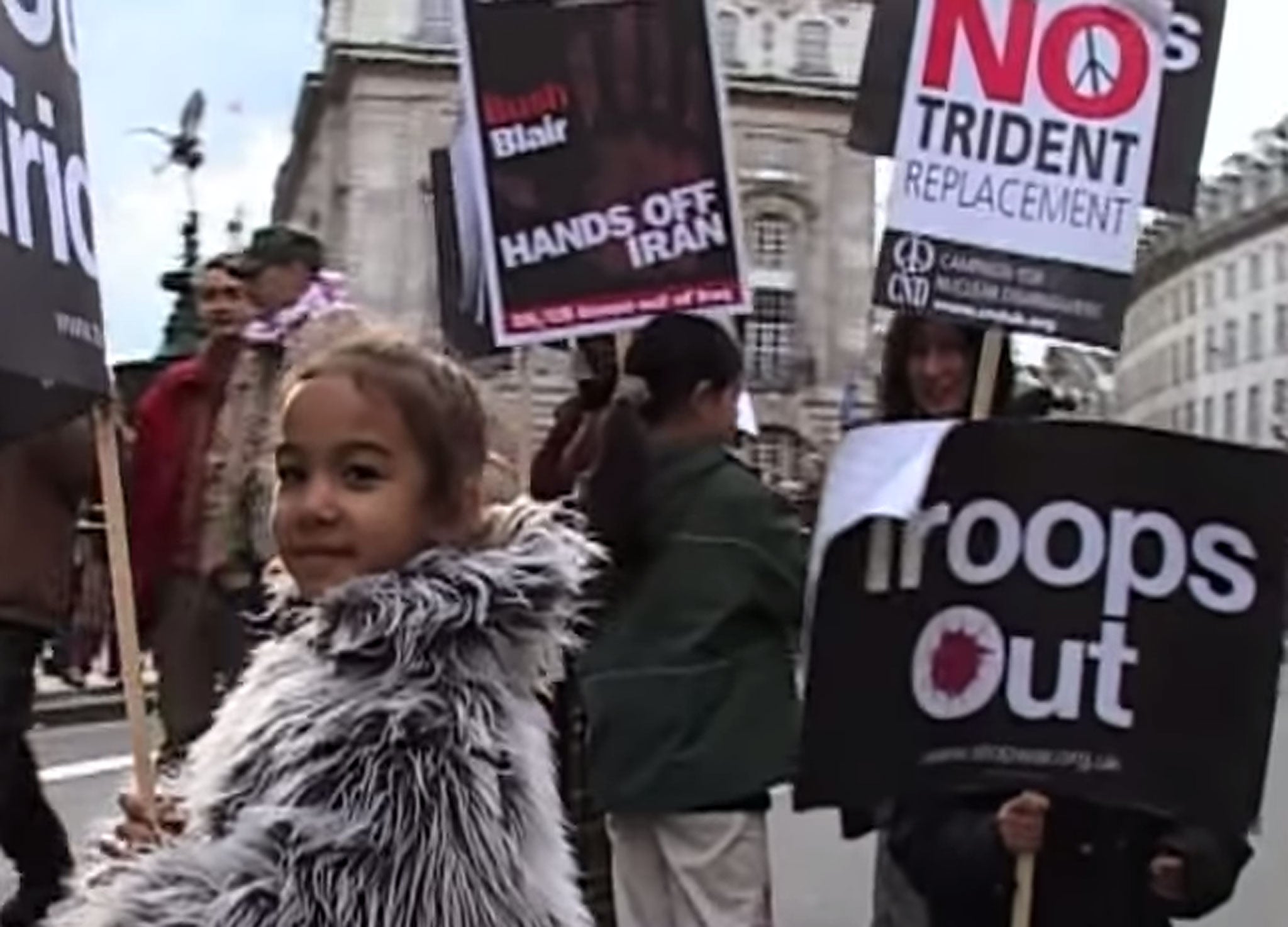We Are Many, film review: Amirani's documentary shows scale of anti-war protests
(12A) Amir Amirani, 110 mins

Your support helps us to tell the story
From reproductive rights to climate change to Big Tech, The Independent is on the ground when the story is developing. Whether it's investigating the financials of Elon Musk's pro-Trump PAC or producing our latest documentary, 'The A Word', which shines a light on the American women fighting for reproductive rights, we know how important it is to parse out the facts from the messaging.
At such a critical moment in US history, we need reporters on the ground. Your donation allows us to keep sending journalists to speak to both sides of the story.
The Independent is trusted by Americans across the entire political spectrum. And unlike many other quality news outlets, we choose not to lock Americans out of our reporting and analysis with paywalls. We believe quality journalism should be available to everyone, paid for by those who can afford it.
Your support makes all the difference.As the British public continue to endure an interminable wait for the publication of the Chilcot inquiry into the UK's involvement in the Iraq war, Amir Amirani's documentary will jog memories about the sheer scale of the anti-war protests in Britain in February 2003.
The film is both inspiring – millions took part in what has been described as the largest global protest event in history – and dispiriting. "We had the biggest demonstration and nothing happened," points out the US political activist Tom Hayden. "We just didn't finish the job," agrees Blur's Damon Albarn.
The film-makers have interviewed an impressive cross-section of the key players during the rush to war, from the UN weapons inspector Hans Blix to Lawrence Wilkerson, former chief of staff to the US Secretary of State Colin Powell. From the British Parliamentary side, David Blunkett, Clare Short and Lord Falconer speak on camera but, unsurprisingly, Tony Blair declined to be interviewed.
There are anguished and impassioned contributions from figures such as John le Carré, Brian Eno, Mark Rylance and Ken Loach. Virgin boss Richard Branson explains how his plans to fly Nelson Mandela toBaghdad on a peace mission were thwarted. The upside, the film suggests in its conclusion, is that the politicians who blithely ignored the anti-war protesters in 2003 are now, at last, being forced to listen.
Join our commenting forum
Join thought-provoking conversations, follow other Independent readers and see their replies
Comments